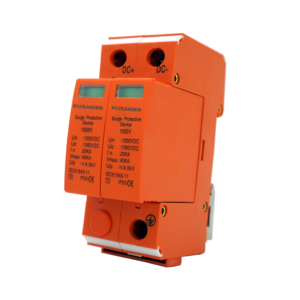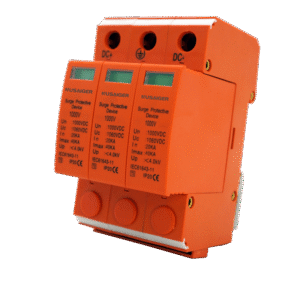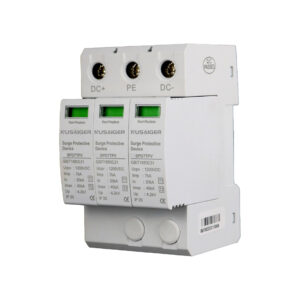Advanced Applications of Copper Terminals in Modern Electrical and Renewable Energy Systems
Copper terminals continue to play a vital role in the evolving landscape of electrical systems, especially in renewable energy projects such as solar PV, wind turbines, and energy storage. This article explores cutting-edge uses of copper terminals, emerging technologies, and the challenges faced in advanced applications.
1. Copper Terminals in Solar Photovoltaic Systems
Copper terminals connect solar panel strings to combiner boxes, inverters, and battery storage units. Their excellent conductivity ensures efficient power transfer, while corrosion-resistant plating withstands outdoor exposure.
2. Integration in Wind Power Systems
Wind turbines utilize copper terminals in generator wiring, control circuits, and sensor connections. Terminals here must resist vibration and temperature fluctuations.
3. Use in Energy Storage and EV Charging Infrastructure
With the rise of lithium-ion battery storage and electric vehicle chargers, copper terminals are crucial for safe and efficient high-current connections.
4. Innovations in Terminal Design for Renewable Energy
- Pre-insulated and color-coded terminals for rapid installation.
- Enhanced plating techniques for improved corrosion resistance.
- Smart terminals embedded with sensors for real-time monitoring.
- High-temperature rated terminals for harsh environmental conditions.
5. Challenges in Advanced Applications
- Ensuring reliability in harsh outdoor conditions.
- Maintaining low resistance in high-current, high-frequency circuits.
- Balancing cost and performance in large-scale projects.
- Meeting evolving regulatory and safety standards.
6. Best Practices for Installation and Maintenance
Adhering to manufacturer guidelines, using appropriate crimp tools, and conducting regular inspections ensure optimal performance and longevity in advanced systems.
7. Future Outlook
Ongoing research focuses on new materials and smart connectivity to further improve copper terminal performance in increasingly complex electrical and renewable energy systems.
8. Conclusion
Copper terminals remain indispensable as electrical systems grow more advanced and diverse. Understanding their applications and challenges allows professionals to design safer, more efficient, and sustainable power infrastructure.



